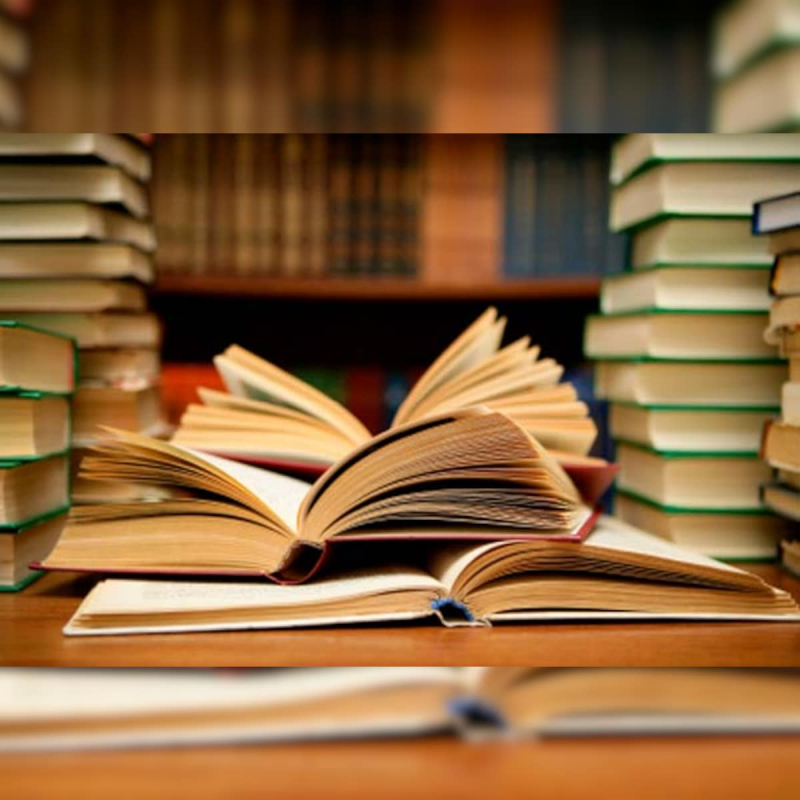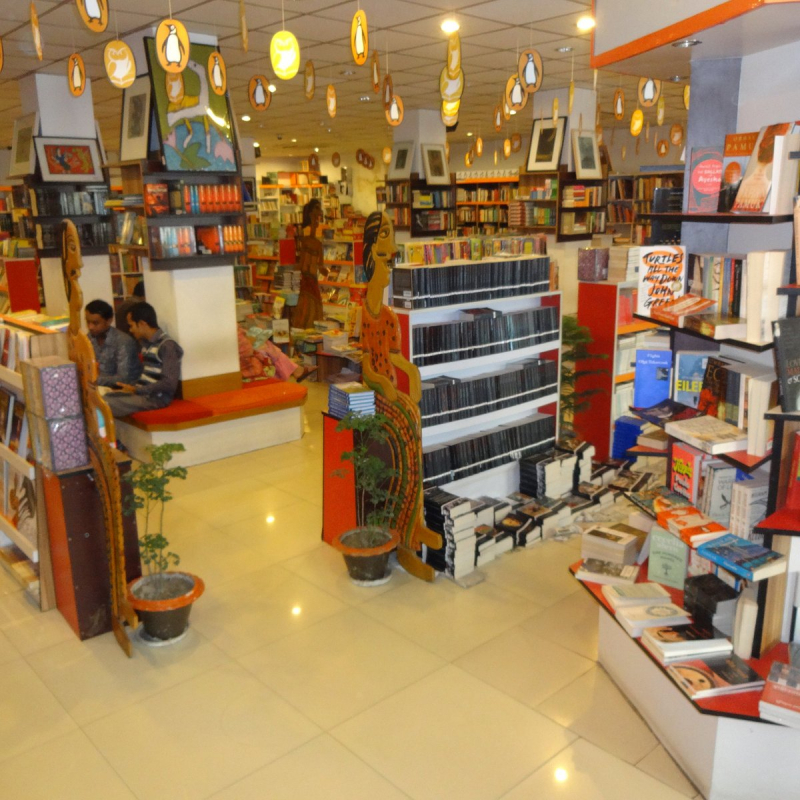Literature
The Mahasthan Brahmi Inscription, which originates from the third century BCE, is the earliest example of writing found in Bangladesh. Sanskrit literature flourished in the Gupta Empire. Between the eighth and tenth centuries, Bengali originated from Sanskrit and Magadhi Prakrit. Bengali literature has a 2,000-year history, and the Charyapadas are among the genre's earliest instances of poetry.
Many Bengali Muslim writers were influenced by Sufi spiritualism. Arabic and Persian literature influenced Bengali writers of the Middle Ages under the Bengal Sultanate. Bengali literature was valued by the Bengali sultans. The writings of Maladhar Basu, Bipradas Pipilai, Vijay Gupta, and Yasoraj Khan are a few examples. The prominent lyric poets of the early Middle Ages are known as the Chandidas. The bard of middle Bengali literature was Syed Algol.
Modern Bengali writing, such as novels, short tales, and science fiction, is influenced by the Bengal Renaissance. The Bengali Shakespeare, Rabindranath Tagore, was the first non-European recipient of the Nobel Prize in Literature. A revolutionary poet who advocated for a political uprising against fascism and colonialism was Kazi Nazrul Islam. Begum Rokeya is regarded as Bangladesh's first feminist author. Michael Madhusudan Dutt and Sarat Chandra Chattopadhyay were two other renaissance figures. The Bengali author Syed Mujtaba Ali is renowned for his international outlook. A well-known pastoral poet was Jasimuddin. Considered two of the greatest Bengali poets to have appeared in the 20th century are Shamsur Rahman and Al Mahmud. The most significant thinker to emerge from Bangladesh after independence is Ahmed Sofa. Popular science fiction and magical realism authors in modern Bangladesh include Humayun Ahmed.












